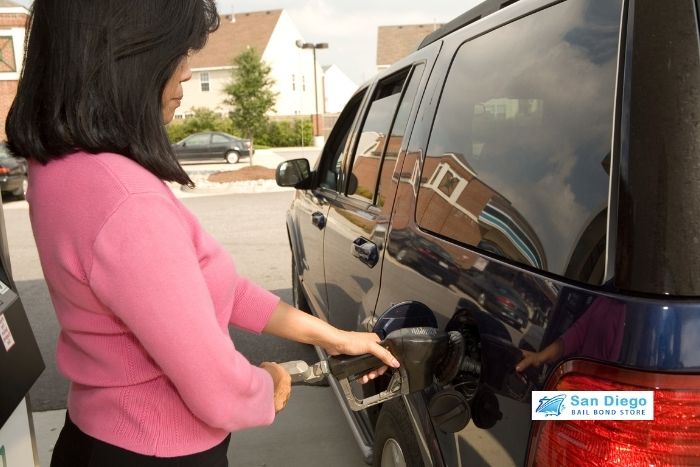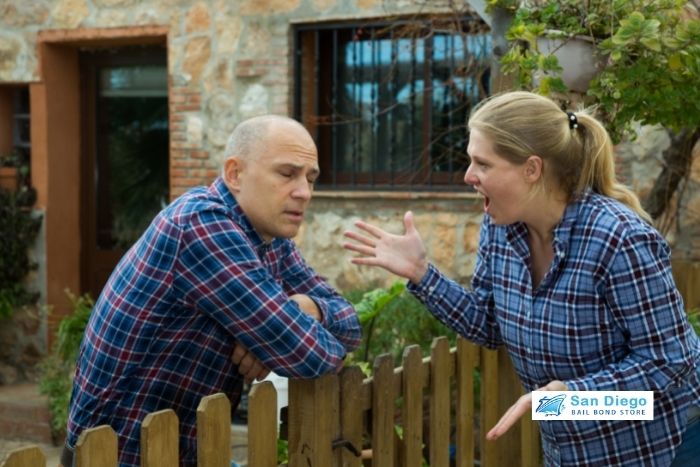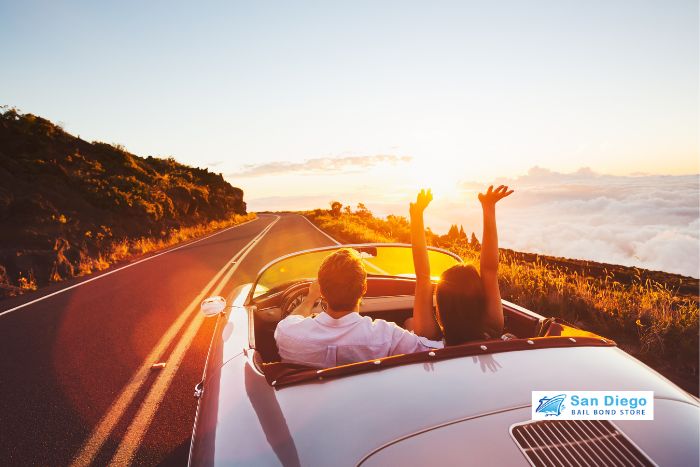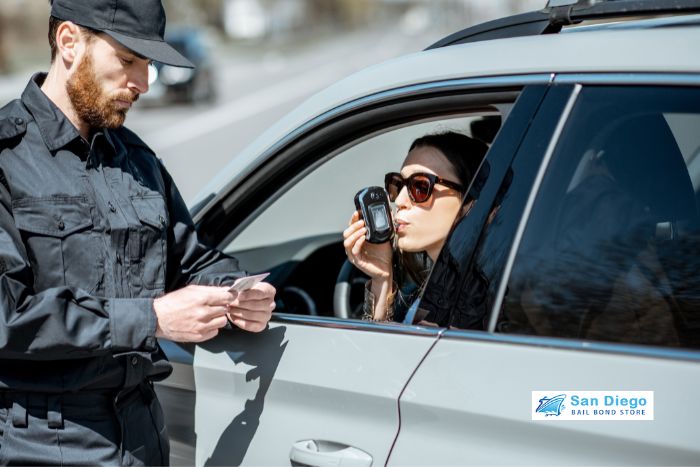Yes, the Fast and the Furious movie franchise made street racing look like a great way of generating some excitement on a Friday night, but before you gather a group of your friend together to see who can drive the fastest, you should know that
street racing,
drag racing, and other
vehicular speed contests aren’t legal on California’s public roads. They violate not one, but two of California’s laws:
Vehicle Code 23103 VC (reckless driving) and
Vehicle Code 23109 VC (speed contests).You must understand violating either of these California laws by speed racing on one of California’s public roads won’t result in a simple ticket. In most cases, you’ll find yourself facing
misdemeanor charges. If you’re convicted, you’ll go through life with a criminal record and have to pay some extremely hefty fines. You may even spend some time inside a county jail cell.In order to secure a guilty conviction in a California street racing case, the prosecution must be able to prove that in addition to actually driving the car, you were also aware that you were street racing. You can’t be convicted of street racing if you simply happened to be in the wrong place at the wrong time and got swept up in a street racing sting.You can be charged with street racing if you and another driver challenge one another to a race while sitting at a stoplight. In California, it only takes two people to create an
illegal street racing situation.The
first time you’re convicted of
participating in a speed contest in California, your sentence can include:
- A fine of up to $1,000
- Spending as much as 90 days in jail






